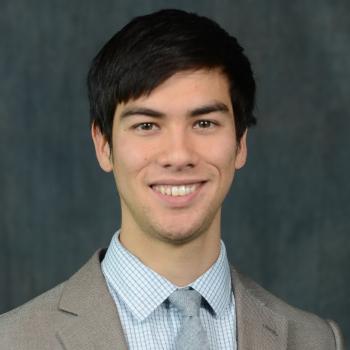Current Research and Scholarly Interests
Our research laboratory is interested in studying the transmission of infectious diseases and impact of public health interventions with an ultimate goal of informing public health policy. We study a diverse set of pathogens including vaccine-preventable infections (including COVID-19) and neglected tropical diseases. Our group applies diverse computational methodologies, including tools of epidemiology, modeling, pathogen genomics, and policy analysis.
A large emphasis of our work is translating scientific evidence into public health policy. Our track record includes multiple studies that have changed policy in the fields of neglected tropical diseases and COVID-19. We work closely with policy organizations like the World Health Organization and the California Department of Public Health.
Our current research focuses on the following areas:
(1) Vaccine-preventable infectious diseases (including COVID-19) in the United States, with a focus on studying vaccines and transmission dynamics
(2) Public health strategies for control and elimination of globally important neglected infectious diseases, such as helminths infections (schistosomiasis, strongyloidiasis) and typhoid fever
Hiring
We are seeking to fill multiple research positions at all levels. Candidates interested in working on computational public health research related to infectious diseases with a strong quantitative background are highly encouraged to apply. If you an interested, please submit a cover letter, CV, and names of two references to Nathan.Lo@stanford.edu.


